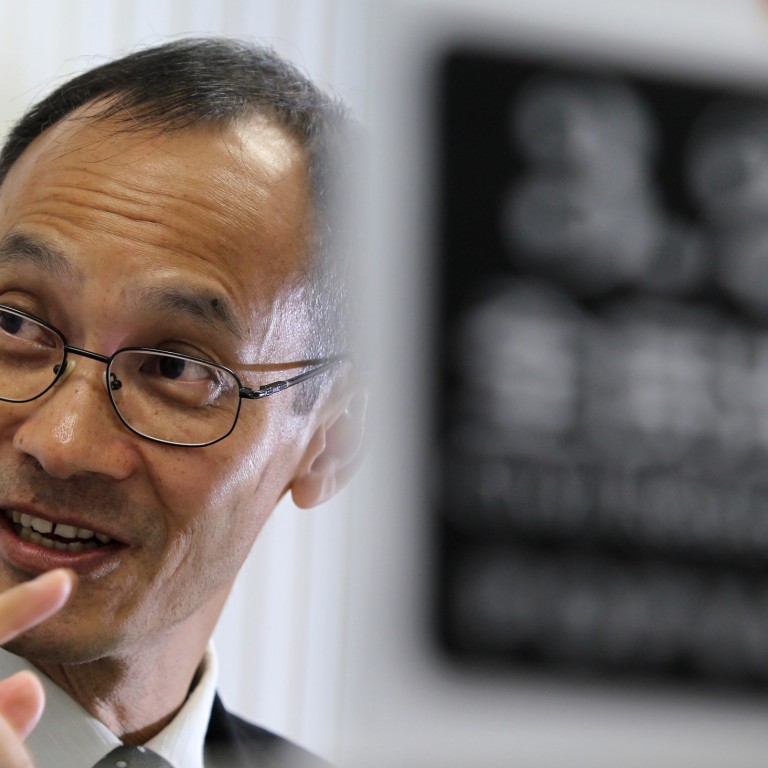
New | You can’t buy popularity, says chief pollster
Business sector believes surveys should be politically motivated, says HKU director
Money can’t buy popularity, despite what some members of the business sector believe, the chief pollster for the University of Hong Kong says.
Dr Robert Chung Ting-yiu, director of HKU Public Opinion Programme, said recent attacks from the Beijing-loyalist camp on his chief executive surveys have led to some fruitful discussion on public opinions. “But there are ideological and cultural differences between academics and the business sector, who thinks polls must be politically motivated,” said Chung on a Commercial Radio programme today.
“They thought by sponsoring another poll the problem can be solved. But this is not the case.”
His remarks came amid continuous attacks from the Beijing-loyalist camp on his polls.
It started with Peter Lee Ka-kit, son of property tycoon Lee Shau-kee, who complained about Chung’s polls during a session in Beijing attended by National People’s Congress chairman Zhang Dejiang.
Lee, a Standing Committee member of the Chinese People’s Political Consultative Conference, suggested pro-establishment organisations finance and commission their own surveys.
Central Policy Unit chief Shiu Sin-por and Executive Council member Cheung Chi-kong joined the chorus questioning Chung’s polling methodology.
Chung’s popularity poll asks respondents to rate the extent to which they support the chief executive on a scale of 0 to 100 and whether they approve or disapprove of his performance.
Cheung said on the same programme earlier this month that the results, which often found Chief Executive Leung Chun-ying’s average ratings lingering below 50, were distorted as “many respondents gave Leung 50 marks, which amount to a pass.”
But Chung said the set of questions did not target Leung, as it has been used since the ruling of the city’s last Governor Chris Patten.
“We have been doing opinion polls since the Chris Patten era. The questions have been very consistent,” said Chung. “Whether you use the concept of a pass or not, the significance is that the overall opinion leans towards the negative side. A lot of people gave a negative marks [of below 50].”
Chung added that the latest round of criticisms against his programme has prompted him to publish all raw data of his polls on the city’s chief. “Our plan to publish all data dating back to those on Chris Patten,” said Chung. “I hope there will be PhD dissertations stemming from studies on these data in the future.”
He said he was “not surprised” that the Legislative Council voted down a non-binding motion to safeguard academic freedom on Thursday. “There are a lot of political considerations when you discuss academic freedom in the Legco,” he said. “As academics we just want sufficient room for discussion.”
